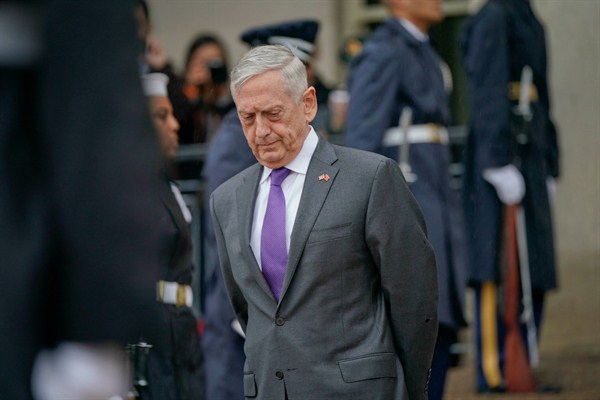Warfare has always been both physical and psychological. As combatants attempt to injure, incapacitate or kill enemy fighters, they also try to weaken the will of their adversaries and anyone who might support them. Throughout history, warriors relied on ferociousness for that, intimidating their enemies by the way they looked or the horrible actions they took. In the modern era, militaries turned to communication technology and psychology. Soldiers were trained to craft and transmit messages and propaganda, while psychological operations became a particular military specialization.
Over time, the U.S. military got quite good at this. Psychological operators dealt with adversaries and their supporters—spreading information and misinformation—and public affairs officers used “strategic communications” to shape broader perceptions of what the U.S. military was doing and how a conflict was unfolding. Like combat tactics and strategy, psychological operations and psychological warfare were centrally controlled and carefully coordinated.
But now, much has changed. Technology gives individuals the ability to share images of or information about a conflict with global audiences, potentially shaping perceptions more than any traditional psychological operations specialist ever could. Anyone with a cell phone and the right skill set can reach more people than even the best-equipped, old-fashioned psychological operations team. Because of technology, military operations and combat have become transparent—people in every part of the world can directly see what is taking place in real time. They no longer depend solely on official information or on what they are told or shown by journalists.

